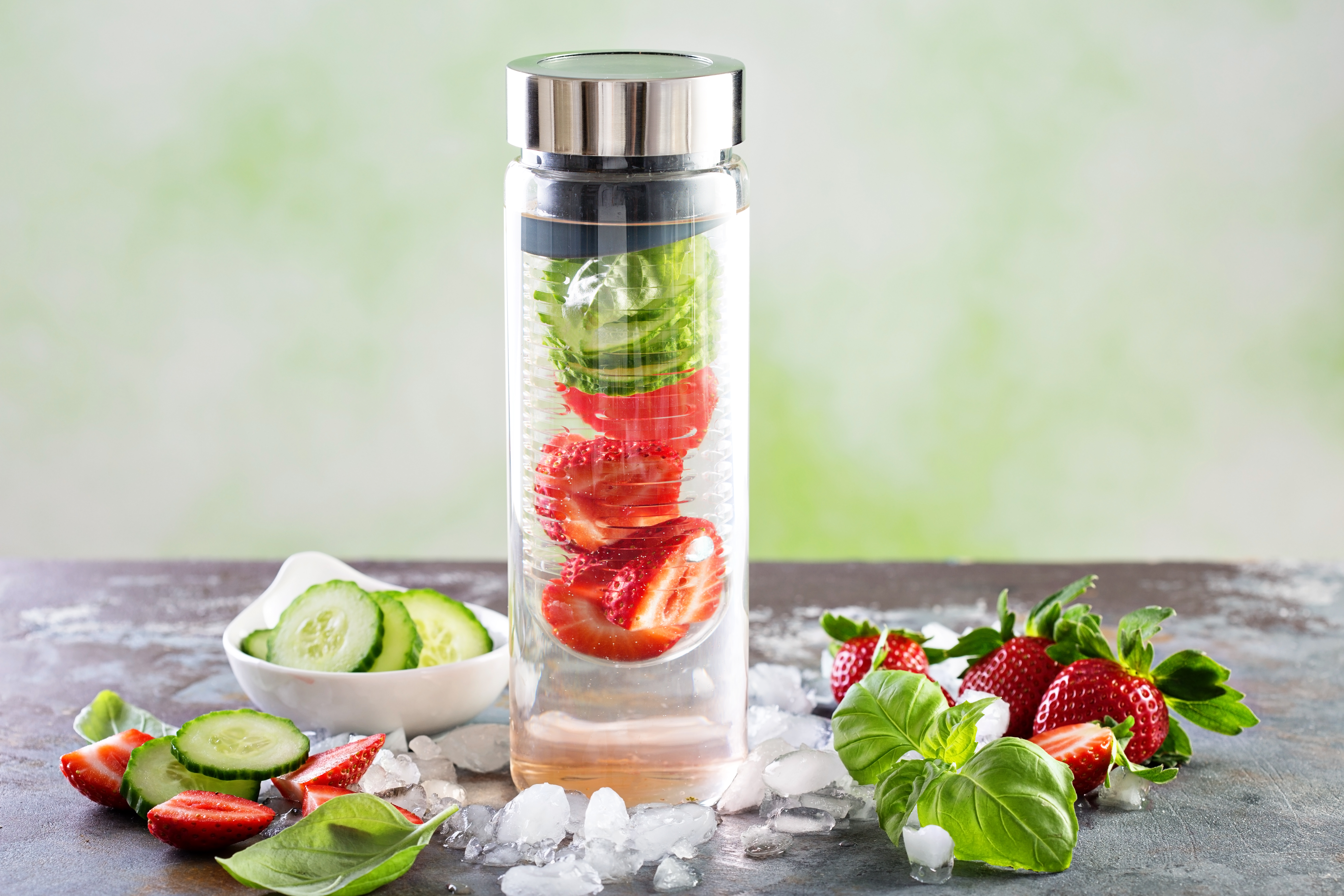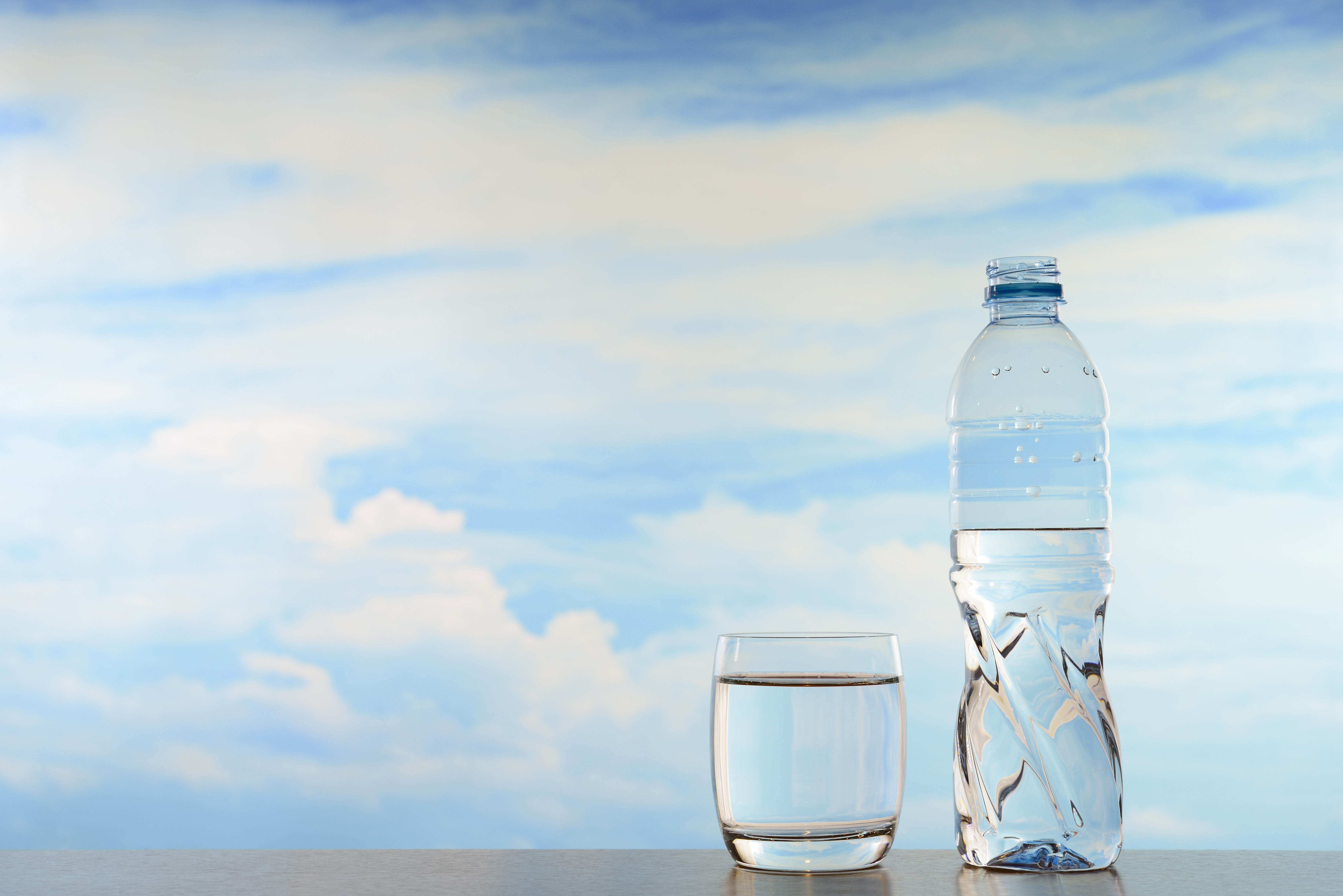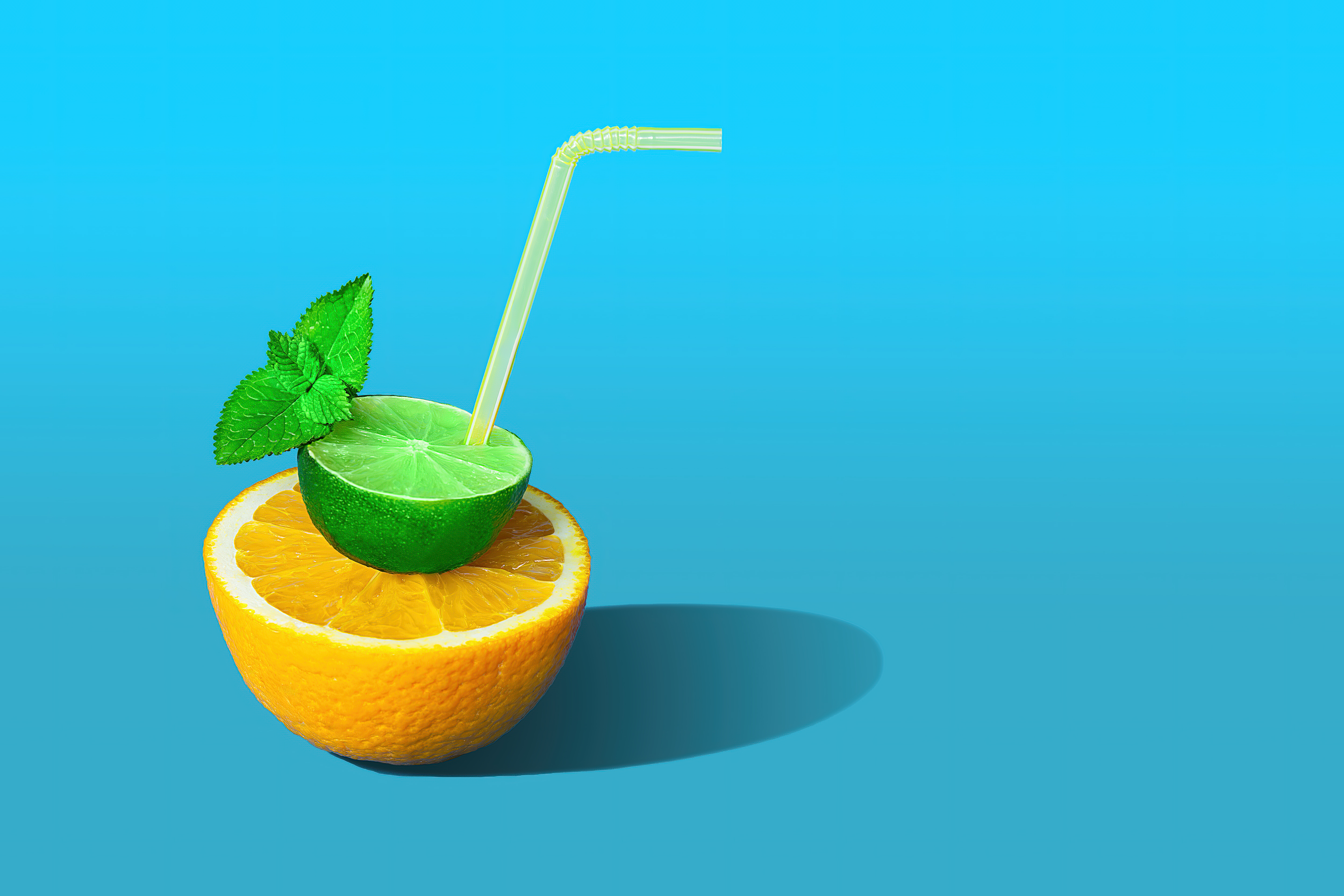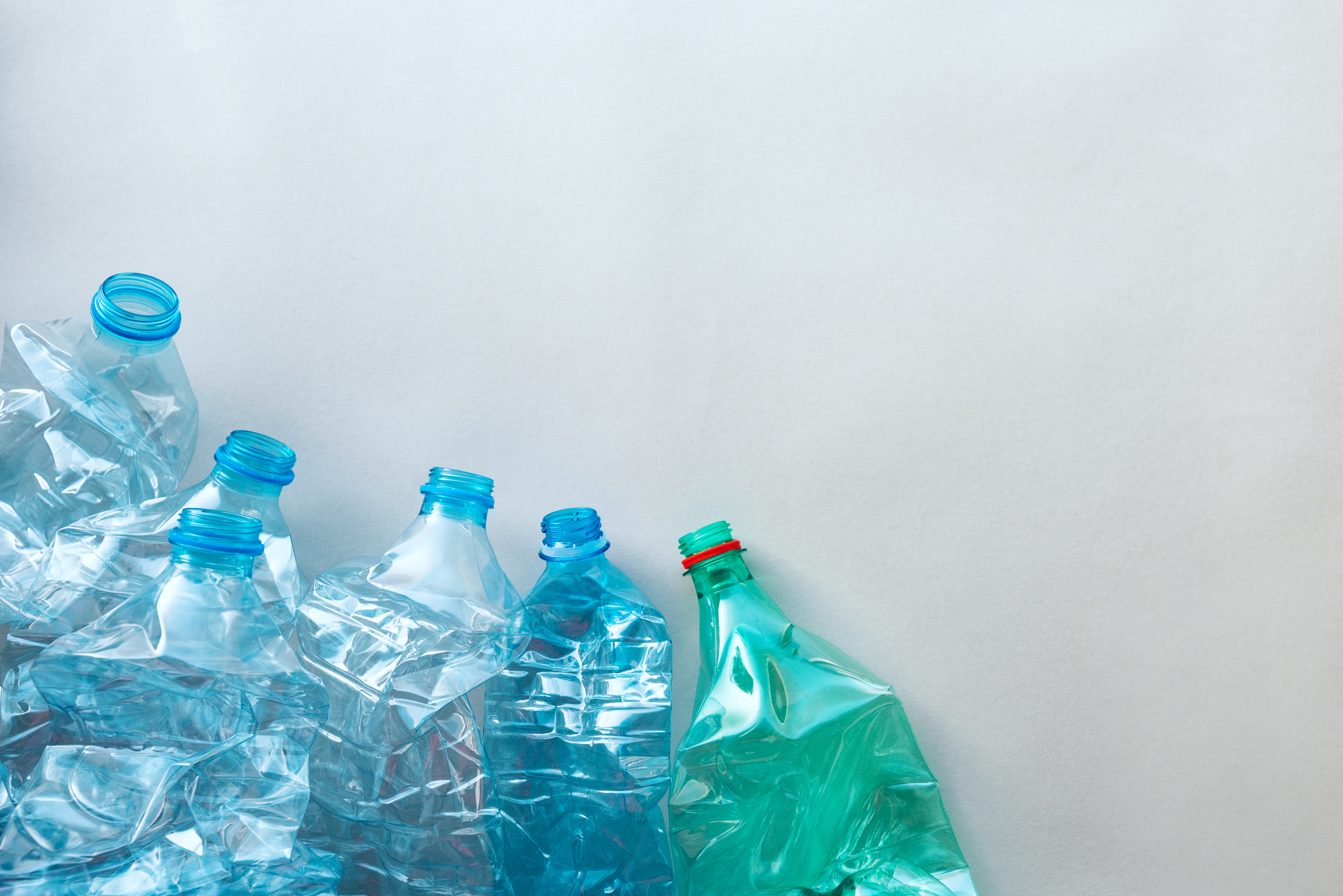10 Refreshing Hydration Tips to Keep You Energized All Day
In today's fast-paced world, maintaining optimal hydration is often overlooked, yet it is a cornerstone of health and wellness. This article delves into the art of hydration, providing 10 refreshing tips to help you sip your way through the day. Each tip offers a unique perspective on how to keep your body well-hydrated, ensuring that you not only quench your thirst but also enhance your overall well-being. From understanding the fundamental importance of hydration to exploring innovative ways to incorporate more fluids into your daily routine, this guide is designed to transform your approach to hydration. By the end of this article, you'll have a comprehensive toolkit to keep you refreshed and revitalized throughout your day.
1. Understanding Your Body's Hydration Needs

Hydration is not just about drinking water; it is about maintaining a delicate balance of fluids in your body. Your body's hydration needs vary based on factors such as age, gender, activity level, and climate. For instance, athletes and individuals living in hot climates may require more fluids to compensate for increased sweat loss. Understanding these needs is crucial for tailoring your hydration strategy. Moreover, hydration is not solely about water intake; it involves electrolytes, which are essential for maintaining cellular function and energy levels. By recognizing your body's unique hydration requirements, you can better plan your fluid intake and ensure you are adequately replenished throughout the day.
2. The Role of Water in Metabolism

Water is a vital component of your body's metabolic processes. It acts as a solvent, facilitating chemical reactions that are essential for energy production and nutrient absorption. Adequate hydration supports efficient metabolism, which in turn can aid in weight management and overall health. When you are dehydrated, your metabolism can slow down, leading to fatigue and decreased cognitive function. By staying well-hydrated, you can boost your metabolism and improve your body's ability to convert food into energy. This section explores the intricate relationship between water and metabolism, highlighting the importance of regular fluid intake for maintaining metabolic health.
3. The Power of Infused Waters

Infused waters are a delightful way to enhance your hydration routine. By adding fruits, herbs, or vegetables to water, you can create a flavorful and refreshing drink that encourages increased fluid intake. Infused waters not only taste great but also offer additional health benefits, such as antioxidants and vitamins from the added ingredients. This section provides creative recipes and tips for making infused waters at home, allowing you to enjoy hydration with a twist. From classic combinations like lemon and mint to more adventurous pairings like cucumber and basil, infused waters can make staying hydrated a more enjoyable and flavorful experience.
4. Hydration and Mental Clarity

The brain is composed of approximately 75% water, making hydration crucial for cognitive function. Dehydration can lead to impaired concentration, memory issues, and increased feelings of anxiety and stress. By maintaining adequate hydration levels, you can support mental clarity and enhance your ability to focus and process information. This section delves into the science behind hydration and brain health, offering practical tips for ensuring your mind stays sharp throughout the day. Whether you're studying for an exam, working on a complex project, or simply navigating daily tasks, staying hydrated can significantly impact your mental performance.
5. Timing Your Hydration for Optimal Benefits

Timing your hydration can be just as important as the amount you consume. Drinking water at strategic times throughout the day can maximize its benefits and help you maintain consistent energy levels. For example, starting your day with a glass of water can kickstart your metabolism and rehydrate your body after a night's rest. Consuming water before meals can aid digestion and prevent overeating. This section explores the best times to hydrate, providing a schedule that aligns with your body's natural rhythms and enhances your overall well-being. By understanding the optimal timing for hydration, you can make the most of each sip.
6. The Impact of Hydration on Physical Performance

For athletes and fitness enthusiasts, hydration is a key factor in achieving peak performance. Water regulates body temperature, lubricates joints, and transports nutrients to cells, all of which are essential for physical activity. Dehydration can lead to decreased endurance, increased fatigue, and a higher risk of injury. This section offers insights into how proper hydration can enhance athletic performance and recovery. It also provides guidelines for fluid intake before, during, and after exercise to ensure your body remains in top condition. Whether you're training for a marathon or enjoying a casual workout, staying hydrated can help you perform at your best.
7. Exploring Alternative Hydration Sources

While water is the most obvious choice for hydration, there are many other beverages and foods that can contribute to your daily fluid intake. Herbal teas, coconut water, and milk are excellent alternatives that provide hydration along with additional nutrients. Certain fruits and vegetables, such as watermelon and cucumber, have high water content and can also help keep you hydrated. This section explores these alternative sources of hydration, offering a variety of options to suit different tastes and dietary preferences. By diversifying your hydration sources, you can ensure a well-rounded and enjoyable approach to staying refreshed.
8. The Environmental Impact of Your Hydration Choices

Sustainability is an increasingly important consideration in our daily choices, including how we hydrate. Single-use plastic bottles contribute to environmental pollution, making it essential to explore eco-friendly alternatives. Reusable water bottles, water filters, and sustainable packaging options are just a few ways to reduce your environmental footprint while staying hydrated. This section examines the environmental impact of common hydration practices and provides practical tips for making more sustainable choices. By being mindful of the environmental implications of your hydration habits, you can contribute to a healthier planet while taking care of your own well-being.
9. Listening to Your Body's Hydration Signals

Your body is equipped with natural mechanisms to signal when it's time to hydrate, such as thirst and changes in urine color. However, these signals can sometimes be misunderstood or ignored, leading to dehydration. This section emphasizes the importance of tuning into your body's cues and responding appropriately. It also addresses common misconceptions about hydration, such as the belief that you must drink eight glasses of water a day. By learning to listen to your body's unique hydration signals, you can develop a more intuitive and effective approach to staying hydrated.
10. Hydration While You Sleep: Staying Moisturized Overnight

Hydration doesn’t stop when you go to bed. While you sleep, your body continues essential functions that require water, such as cellular repair and detoxification. To prevent dehydration overnight, consider drinking a glass of water before bed (but not too much to disrupt sleep). You can also boost hydration by using a humidifier in your bedroom, especially in dry climates, and applying a hydrating night cream or serum to keep your skin moisturized. By making small adjustments to your nighttime routine, you can wake up feeling refreshed and well-hydrated.
Embracing a Hydrated Lifestyle

Incorporating these 10 refreshing hydration tips into your daily routine can transform your approach to wellness. By understanding your body's needs, exploring creative hydration options, and considering the environmental impact of your choices, you can embrace a lifestyle that prioritizes health and sustainability. Hydration is not just a necessity; it is an opportunity to enhance your physical, mental, and environmental well-being. As you sip your way through the day, remember that each glass of water is a step towards a healthier, more vibrant you. Embrace the journey and enjoy the benefits of staying refreshingly hydrated.
